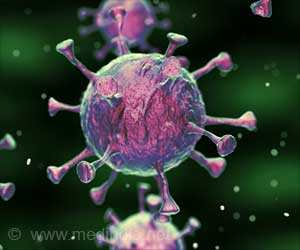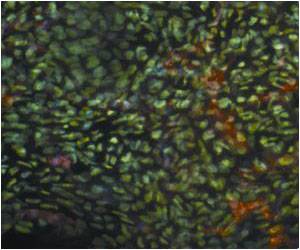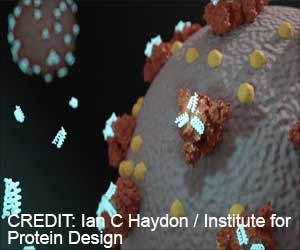In plasma samples, the team found that increased COVID-19 severity is associated with metabolite alterations, suggesting increased immune-related activity. Furthermore, through single-cell sequencing, researchers found that each major immune cell type has a distinct metabolic signature.
‘COVID-19 patients have differing immune responses that lead to disease outcomes ranging from asymptomatic SARS-CoV-2 infection to death.’
“We have found metabolic reprogramming that is highly specific to individual immune cell classes (e.g. “killer” CD8+ T cells, “helper” CD4+ T cells, antibody-secreting B cells, etc.) and even cell subtypes, and the complex metabolic reprogramming of the immune system is associated with the plasma global metabolome and are predictive of disease severity and even patient death,” said co-first and co-corresponding author Dr. Yapeng Su, a research scientist at Institute for Systems Biology.
“Such deep and clinically relevant insights on sophisticated metabolic reprogramming within our heterogeneous immune systems are otherwise impossible to gain without advanced single-cell multi-omic analysis.”
The research was conducted by scientists from ISB, Fred Hutchinson Cancer Research Center, Stanford University, Swedish Medical Center St. John’s Cancer Institute at Saint John’s Health Center, the University of Washington, the Howard Hughes Medical Institute.
Funding for this project comes from Merck and the Biomedical Advanced Research and Development Authority (BARDA), the Wilke Family Foundation, the MJ Murdock Charitable Trust, the Swedish Medical Center Foundation, the Parker Institute for Cancer Immunotherapy, Gilead, Amazon Web Services, and the National Institutes of Health.
Source: Eurekalert



